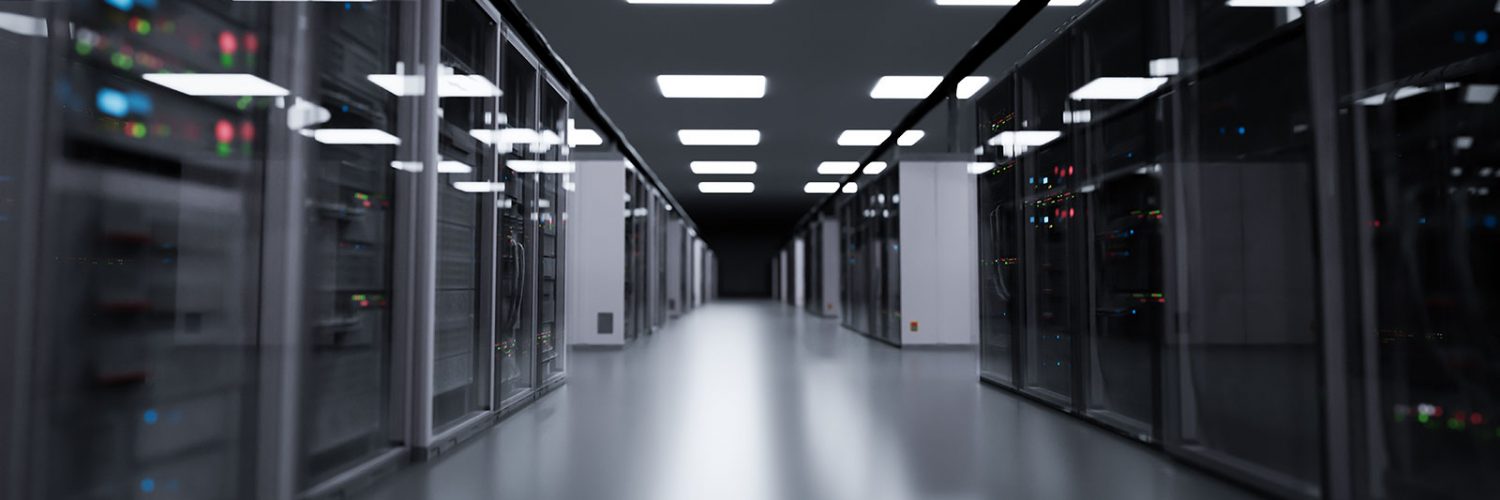Data centers are garnering significant attention within the commercial real estate sphere – and for good reason. The COVID-19 pandemic has caused our personal and professional lives to be more reliant on the internet than ever before, and data centers house the infrastructure that powers and protects the movement of information. For companies, they are essential to effective business operations, and for CRE investors, they are becoming an increasingly attractive product type.
After recently brokering the acquisition of a $150M+, state-of-the-art data center in El Segundo, California, Kevin Moore and John Skalla of Transwestern’s Data Centers Advisory Group explained what makes this niche unique.
Q: How would you define the data center marketplace?
Kevin: Data centers are an essential product type in today’s digitally driven world, as most organizations rely on big data to enhance the efficiency, productivity, security, and cost-effectiveness of their operations. For companies, it has become increasingly complex, time-consuming and expensive for organizations to manage data in-house or on-premises, as large masses of data must be captured, routed, stored, evaluated, and retrieved. A better solution for this data is a secure, stable home.
With seven billion internet-connected devices in use today – a number that’s continually rising – it’s estimated that global data center revenue will grow at a compound annual growth rate of 6.7%, reaching nearly $1 trillion by 2030. That’s more than double the $466 billion generated by data centers in 2020, which points to significant opportunity in this sector over the next decade.
Q: From a real estate perspective, what makes these facilities unique?
John: Not all data centers are the same. The difference between one facility and another is heavily dependent on the type of data stored and its use, and many data centers are very CapEx intensive. For instance, if the tenant is a financial institution, the data center is referred to as “mission-critical” because it must be up and running 24/7. It also requires extensive redundancy, or backup resources in case of system failures. A mission-critical data center has many fiber lines and connectivity points to ensure there is never a hiccup in data relay, payment processing, information storage, and other vital factors.
In comparison, if the tenant is a cryptocurrency miner, the facility likely won’t have the same redundancy requirements. A basic data center with power and connectivity offers all that’s required for quick and robust cryptocurrency mining.
Q: What types of companies benefit from Transwestern’s expertise in this space?
Kevin: Whether the client is a data center newcomer or a seasoned provider, we can assist any company with on-premises servers or cloud contracts, as well as organizations pursuing a sale-leaseback, sale, or acquisition. Our team has numerous investor and lender partners, as well, giving us the ability to assist with buildouts, additional infrastructure, expansions, refinancing, and any other capital needs.
John: Interestingly, we’re seeing a notable increase in the number of traditional real estate funds beginning to invest in data centers, technology-driven assets, and data center infrastructure to diversify their portfolios. The members of our group have negotiated colocation contracts, formerly worked for data center companies, and have built data center companies. We have a deep understanding of data centers’ technical side and employ specialized, best-in-class resources, proprietary technology, data analytics, and marketing strategies. We’d be happy to answer any questions you or your clients may have about challenges and opportunities in this space.
Data Centers Advisory Group

Kevin Moore

Todd Smith

John Skalla

Andrew Marcus
























